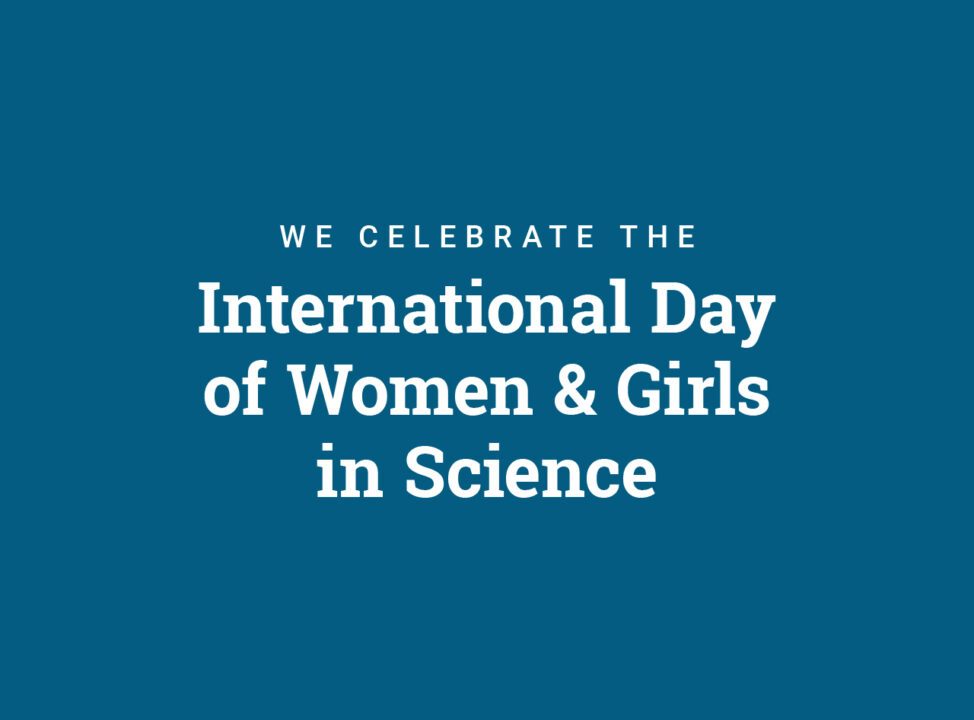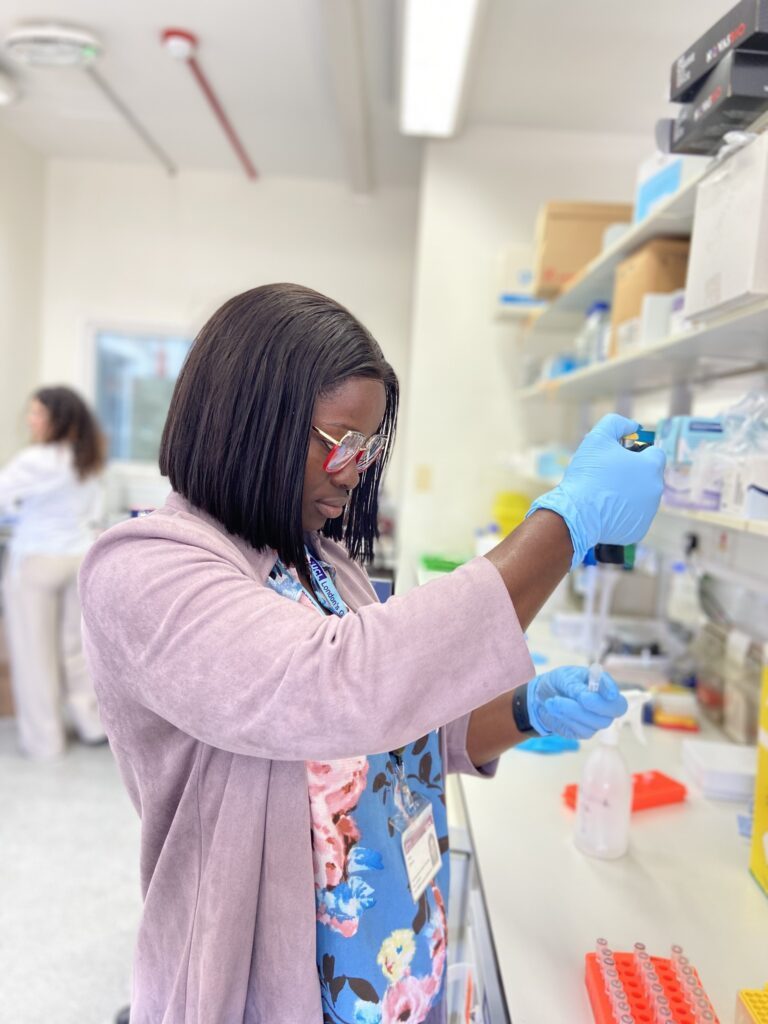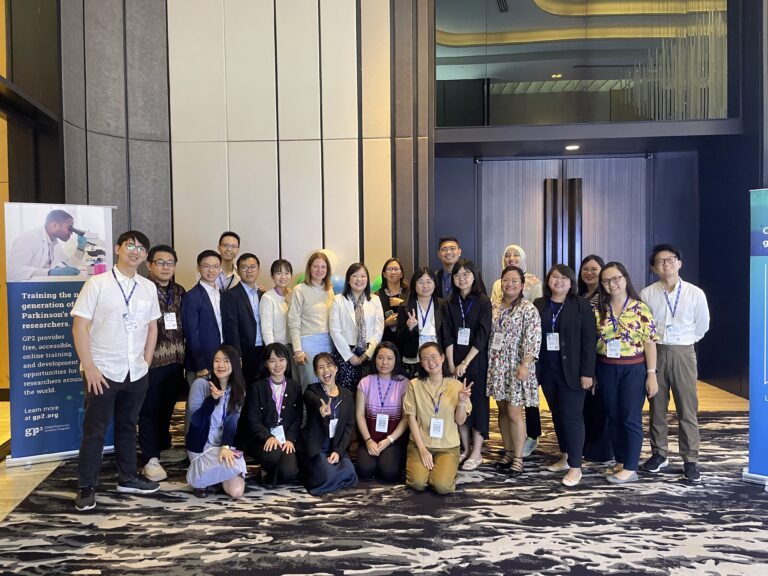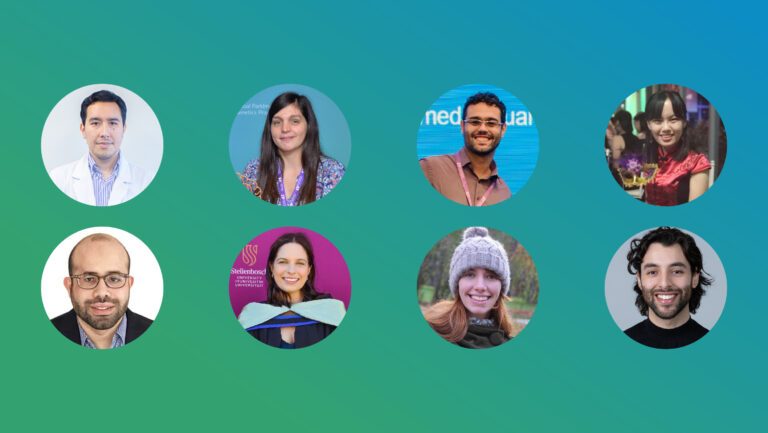On February 11th, we celebrate the International Day of Women and Girls in Science. At the Global Parkinson’s Genetics Program (GP2), this is a day to appreciate and honor women contributing to advance the field of Parkinson’s disease genetics worldwide, and a reminder of the critical role that women play in this initiative.
It is also a moment of reflection to ask ourselves how much effort we are making to avoid, unlearn and reshape the attitudes that have led and continue to lead to gender inequalities in science.
Throughout history and particularly in the field of genetics, there have been numerous examples of women scientists unrecognized for fundamental contributions at a time when only men dominated the playing field. As it happens, Rosalind Franklin, known for the key discovery of the molecular structure of DNA through X-ray, left an indelible imprint and an inspirational legacy for women embarking in science. Fortunately, history gives us the opportunity to be conscious of others’ past mistakes. The only way we grow is by learning from the past.
Without any doubt, GP2 has shown equal gender leadership opportunities since the beginning. From the managing director to the senior leads and junior co-leads of the eleven working groups that compose this program, there has been an effort to narrow the gender gap and work towards an inclusive and diverse approach that promotes equal representation at the highest levels of the decision-making process. Needless to say, this is a moment to express gratitude to everyone from the GP2 initiative that works to ensure women are recognized and heard.
As the junior co-lead of the GP2 Training, Networking, and Communication working group and the GP2 Trainee Network, I find education to be the most crucial means to empowering women. I see this network as a chance to ensure that women not only participate but are also empowered to lead, create and innovate through skills training, access to funded opportunities, and positivity that allows for work-life balance, in an equal manner as men.
Much has been said about gender discrimination, imbalance, and disparity, but the time has come to change the discourse. Women have been a crucial pillar in the family and society, and today more than ever in the professional terrain. The scientific world should not be deprived of the entrepreneurial potential, intelligence, and creativity of women to configure a more sustainable future. It is imperative that GP2 continues to lead by example. Let’s keep reminding ourselves of the need of attracting, engaging, and retaining female talent, incentivizing women to thrive in their scientific careers.
To learn more about the women leaders and working group members of GP2, visit our Working Groups page.





